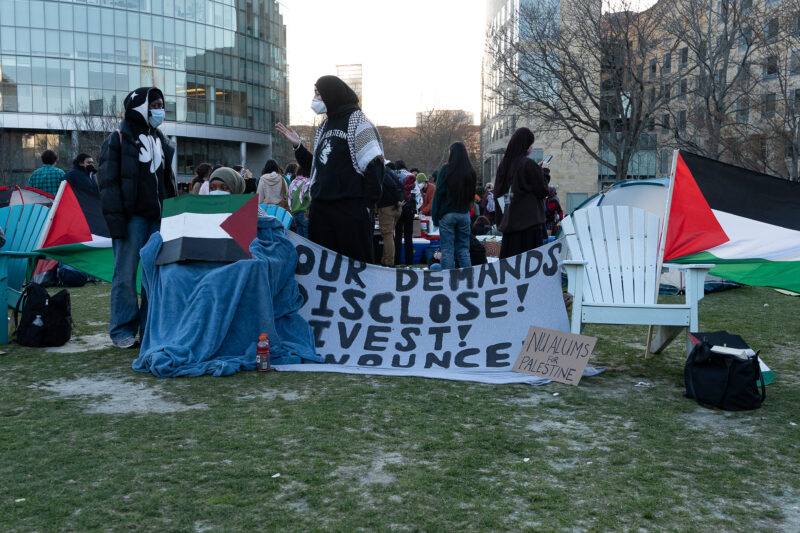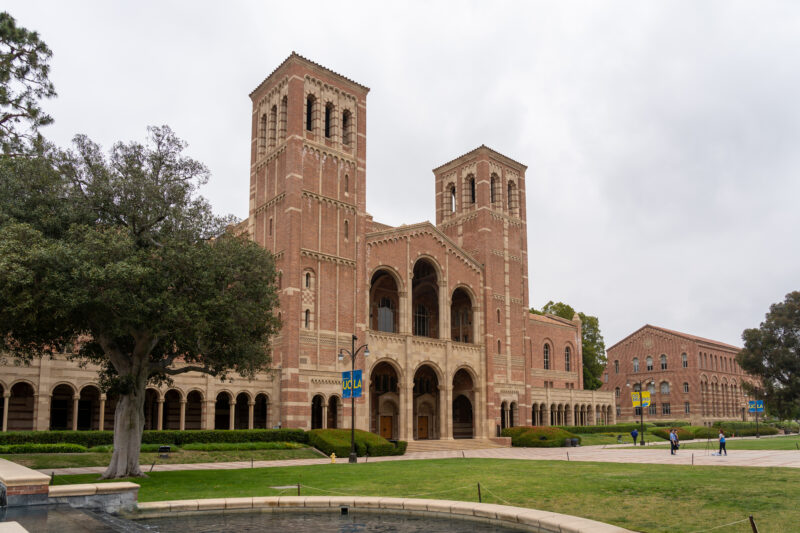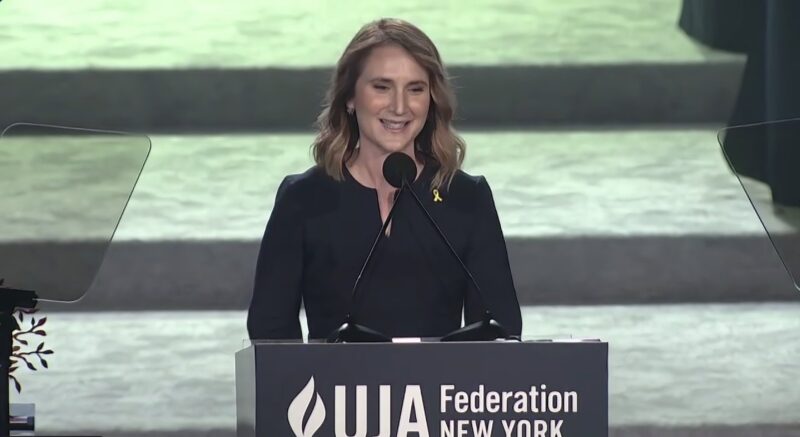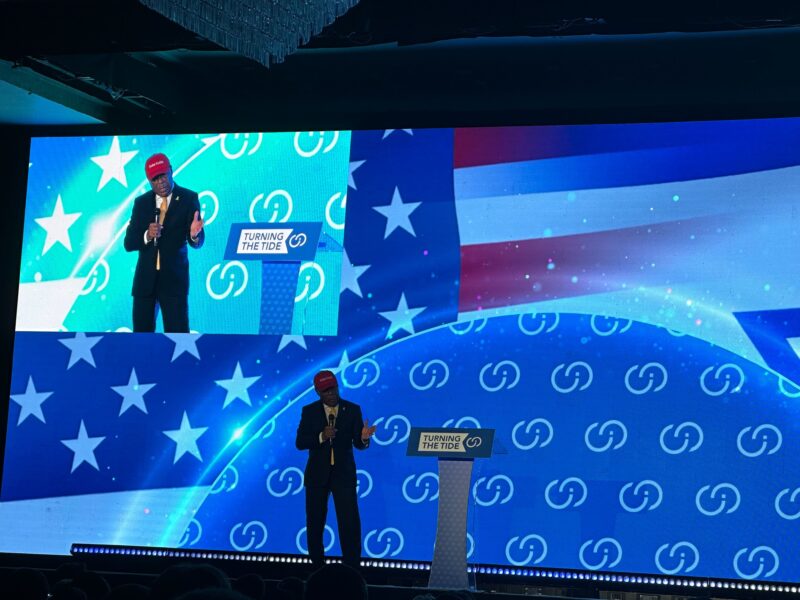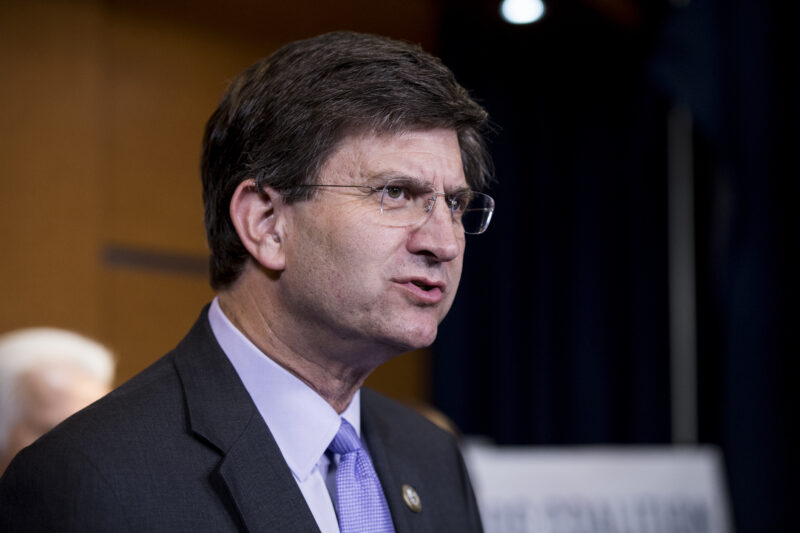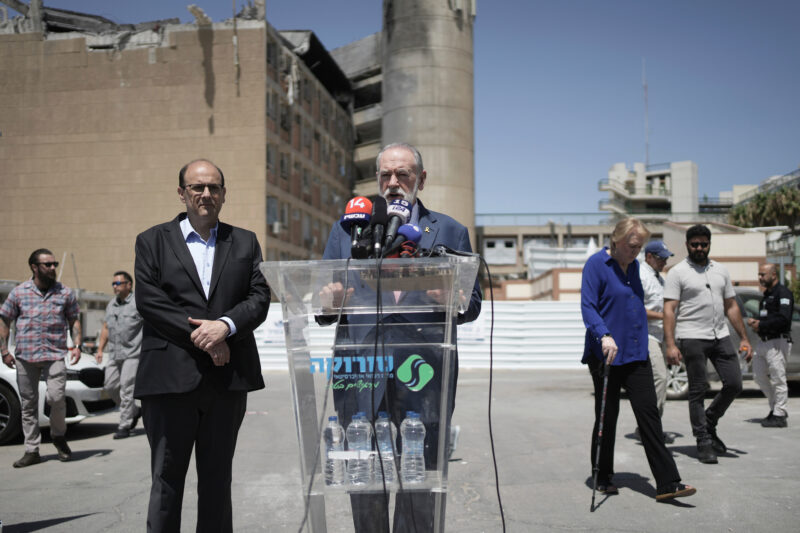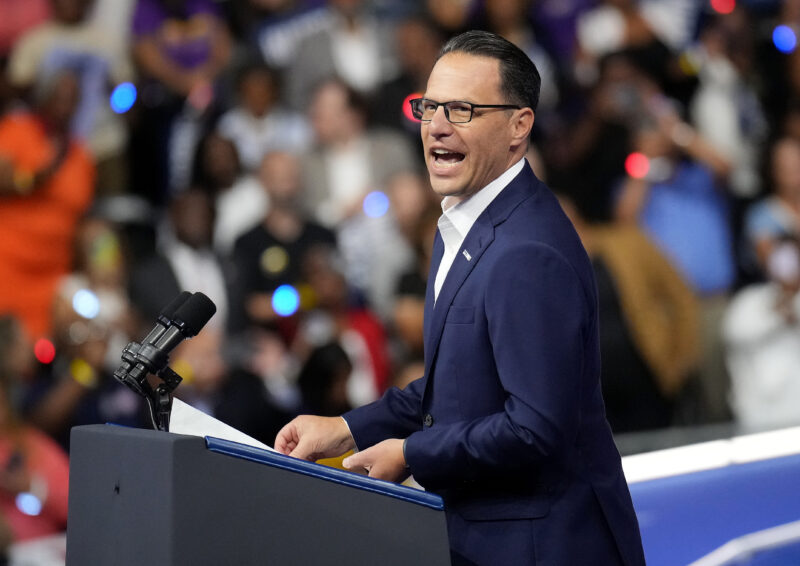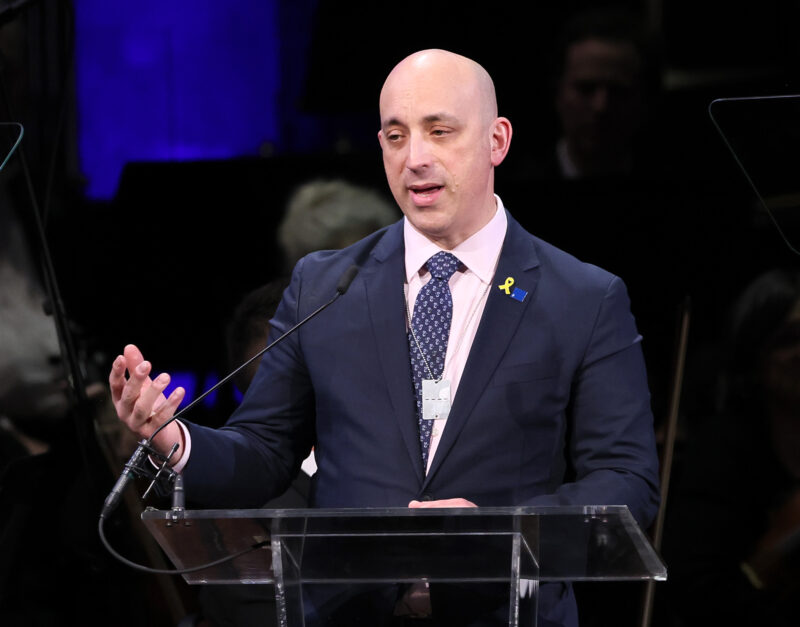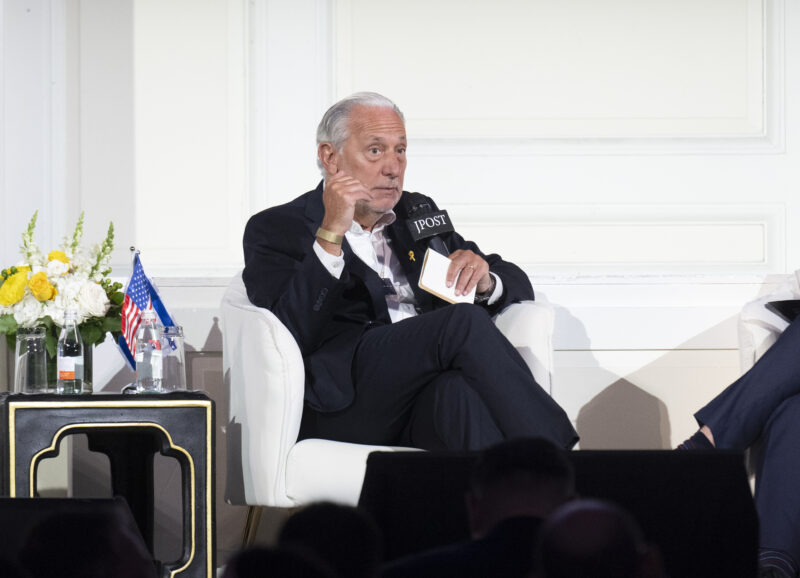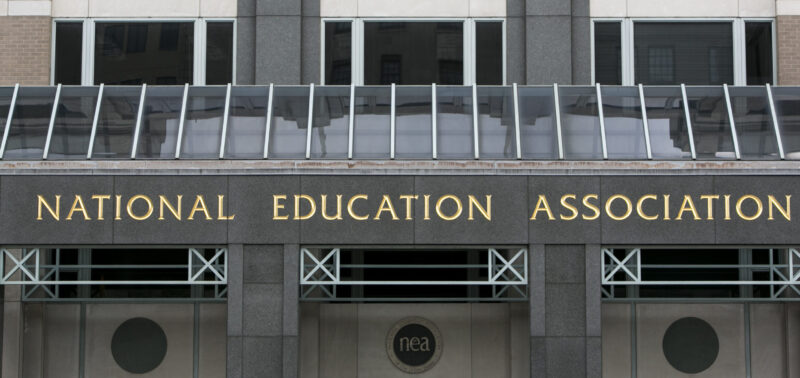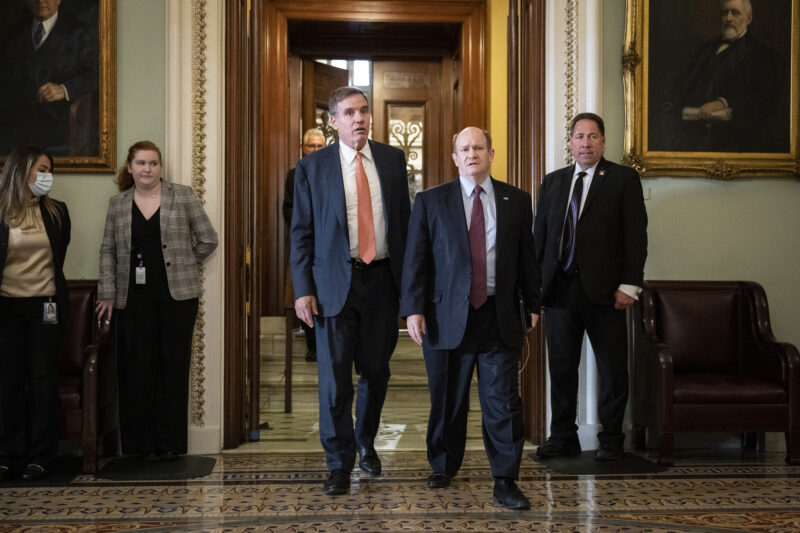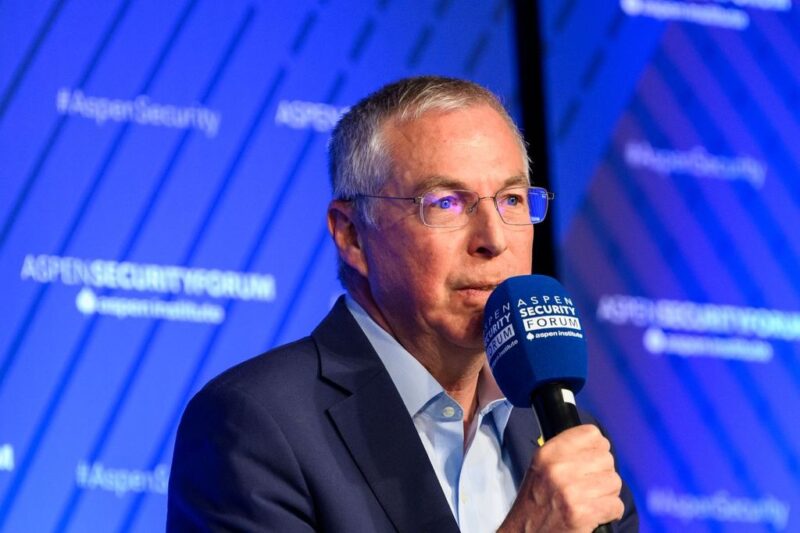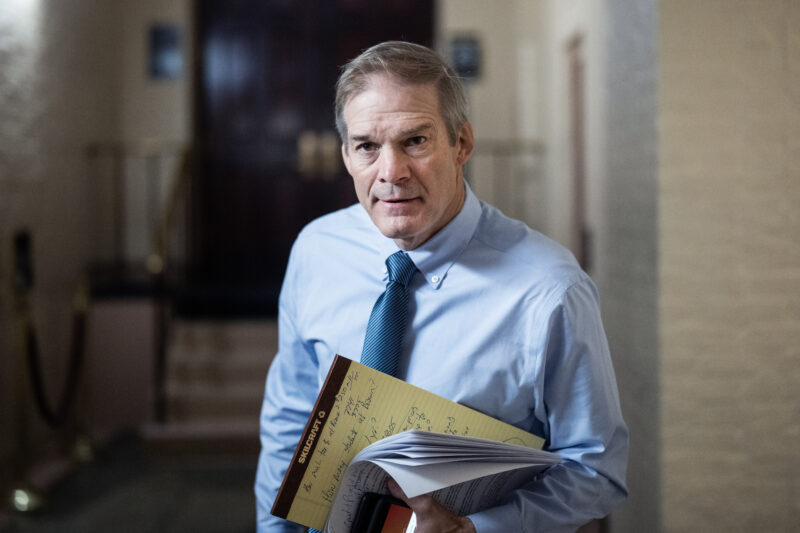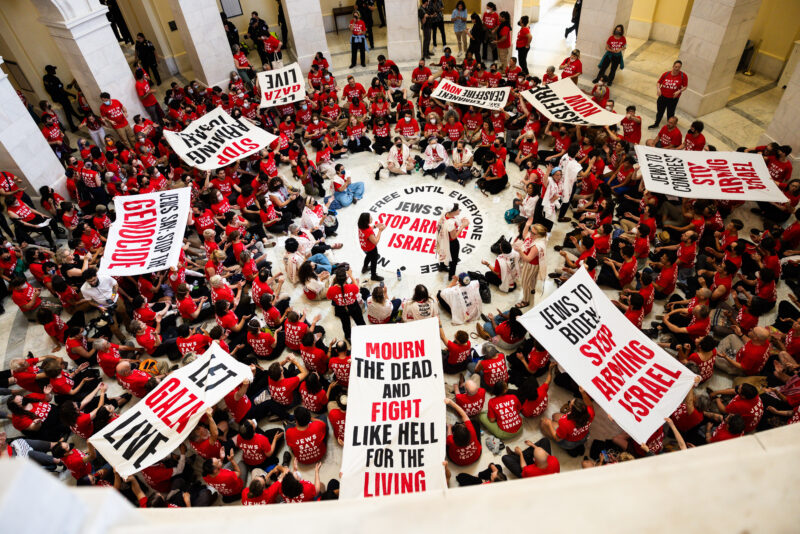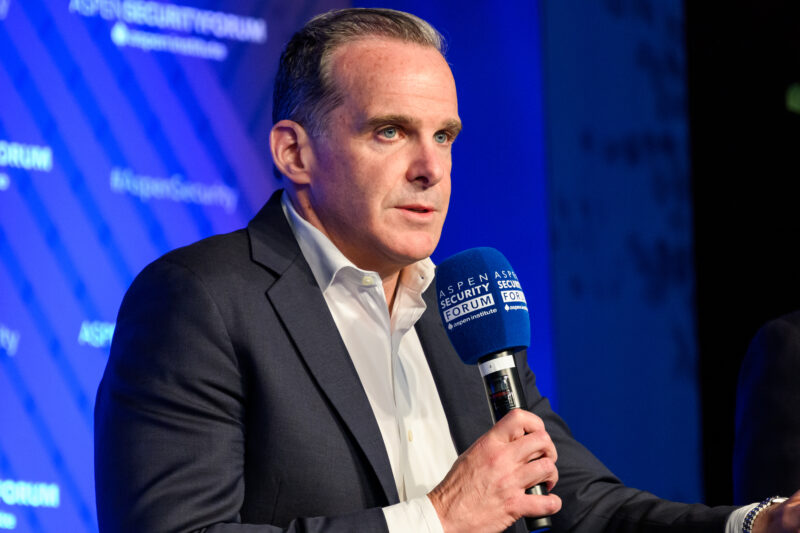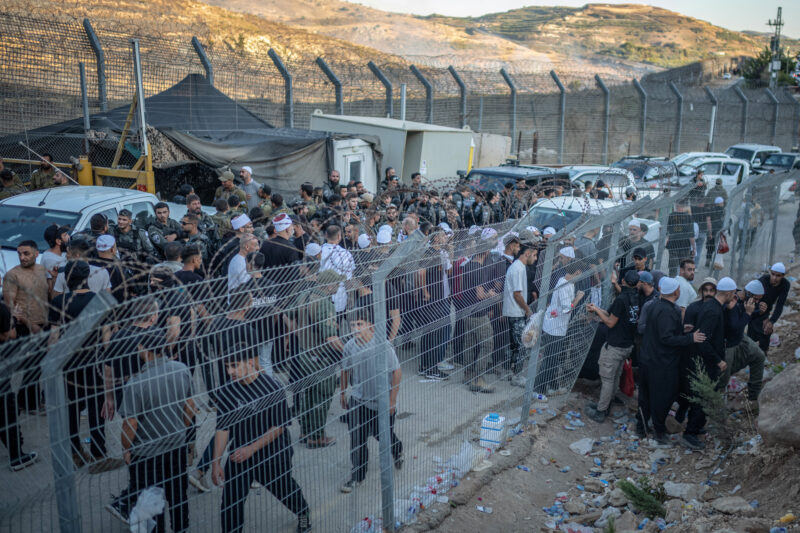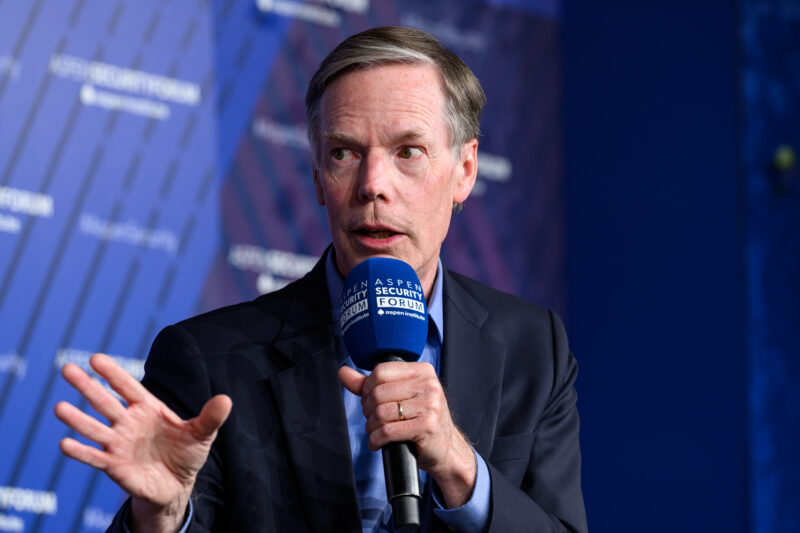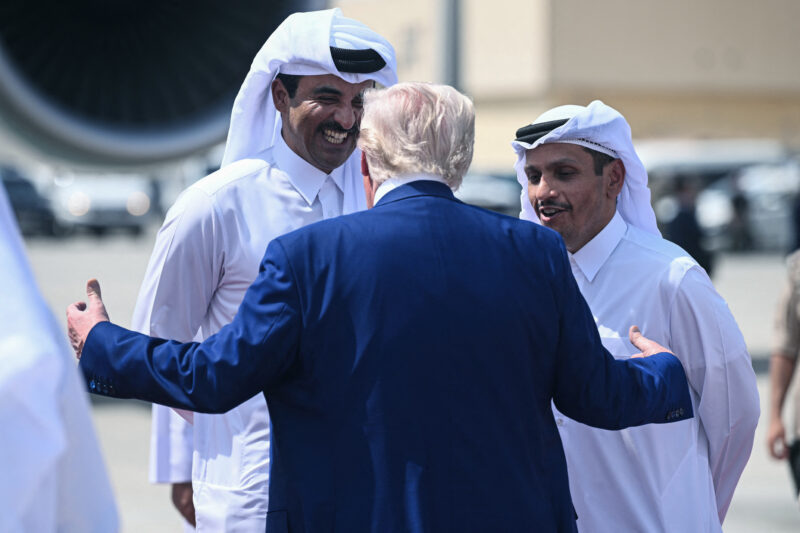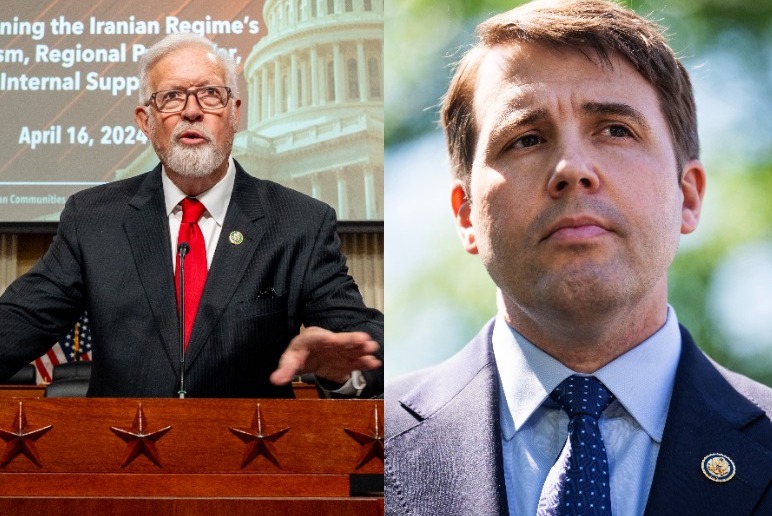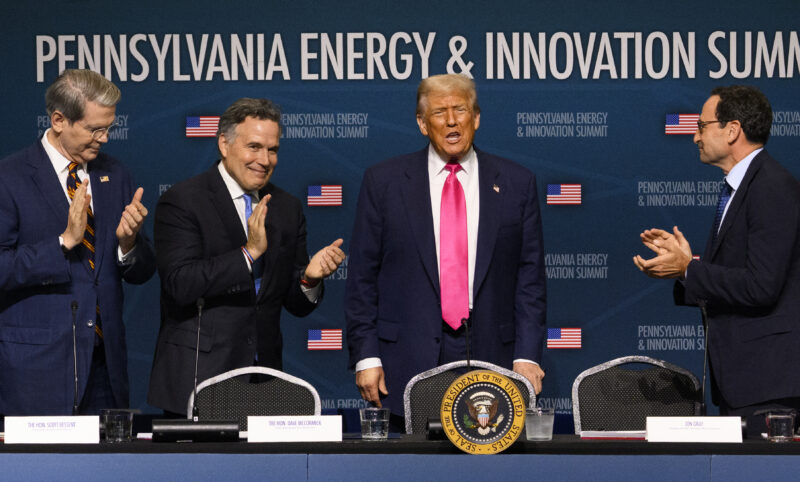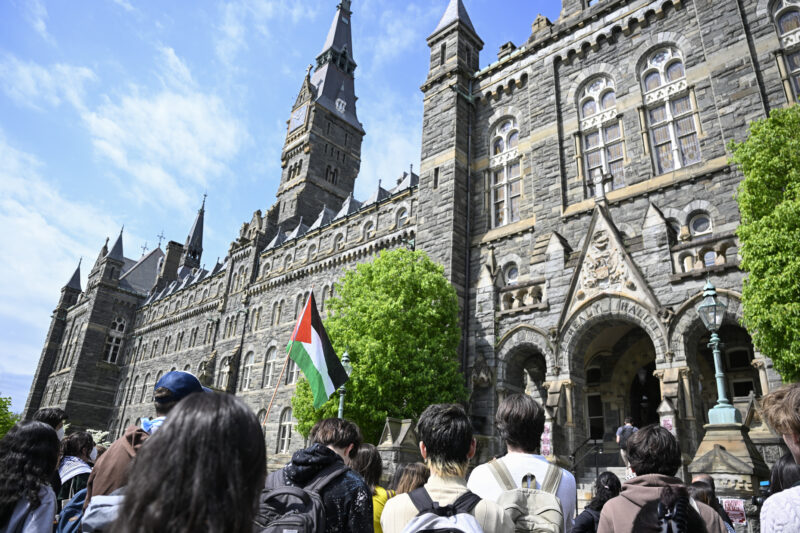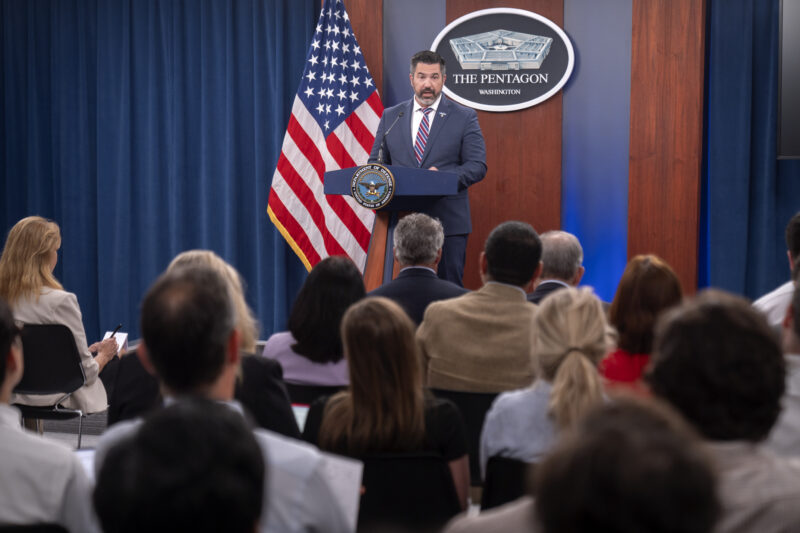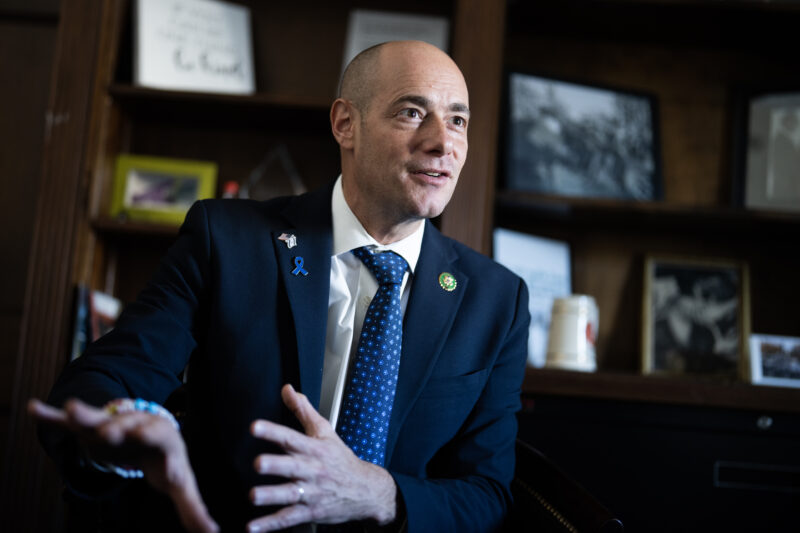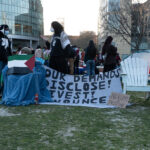Israel has not asked U.S. to join offensive against Iran’s nuclear facilities, Hanegbi says

Knesset
National Security Advisor Tzachi Hanegbi and Chairman of the Knesset Foreign Affairs and Defense Committee Yuli Edelstein on November 13, 2023.
Iran’s underground Fordow nuclear site is a key target in the current operation against the Islamic Republic, Israel’s national security advisor, Tzachi Hanegbi, said on Tuesday.
“This operation will not conclude without a strike on the Fordow nuclear facility,” Hanegbi told Israel’s Channel 12 News.
The Fordow facility is home to thousands of centrifuges, crucial to Iran’s weapons-grade uranium enrichment program, and is located 295 feet underground beneath a mountain. Israel is thought to have neither the munitions nor the aircraft to destroy it from the air, while the U.S. does.
Washington, however, has yet to make clear if it will take part in the offensive on Iran, though it has shot down Iranian missiles headed for Israel in the last few days. Hanegbi said that he does not believe the Trump administration has made a decision on the matter yet.
Hanegbi denied that Israeli Prime Minister Benjamin Netanyahu had asked the U.S. to join Israel in bombing Iranian nuclear sites: “We didn’t ask and we won’t ask. We will leave it to the Americans to make such dramatic decisions about their own security. We think only they can decide.”
“We are very careful and the prime minister is very careful not to ask for anything the Americans do not think is in their interest,” he said.
When the IDF presented its plan to the Israeli Security Cabinet a year ago, Hanegbi said, it was for the operation against Iran to be carried out by Israel alone. He called the plan “totally blue and white.”
However, Israel did ask the U.S. for help with its defense, because it has the THAAD (Terminal High Altitude Area Defense) system, he said.
Hanegbi said that the U.S. is not only committed to protecting Israeli lives, but to the hundreds of thousands of American citizens living in Israel.
As to reports that President Donald Trump rejected an Israeli plan to kill Iranian Supreme Leader Ali Khamenei, Hanegbi said they are “fake from the land of fake.”
“We don’t ask for permission from the U.S., and the U.S. doesn’t expect us to share [our plans] with them,” Hanegbi said.
Regime change is not Israel’s goal, the national security advisor said.
“I think every sane person, not only in Israel, would be happy to see this loathsome, murderous, cruel regime fall and be replaced by peace-loving people. Can we set that as a goal for ourselves? No,” Hanegbi said.
While Hanegbi acknowledged that “the best way to remove the nuclear threat is for there to be a regime that does not want a nuclear weapon,” he said “that is not something we can attain kinetically right now.”
In addition, Hanegbi said the mullahs’ regime could fall as a result of “the process in which Iran lost its grip on the Shiite axis that was crazed in wanting to harm Israel,” but added that “it is not reasonable to think it will happen in the coming days.”
Hanegbi also expressed doubts that Iran would negotiate its surrender soon and said Israel did not receive any messages that Iran wants to hold talks to end the war.
“The Iranians are a proud people,” he said. “I don’t think they will wave the white flag at the beginning of the campaign.”
As such, he added, “we will continue with our plan. It will take time. We have many varied targets.”
Hanegbi said that Iranian gas fields and its energy sector “do not have immunity,” and that Israel struck an oil refinery used by the military within the last day.
Iran has “a strategic goal to strike our energy facilities,” he said. “They want to cause chaos in Israel. When they hit refineries in Haifa, they know what they’re doing.”





